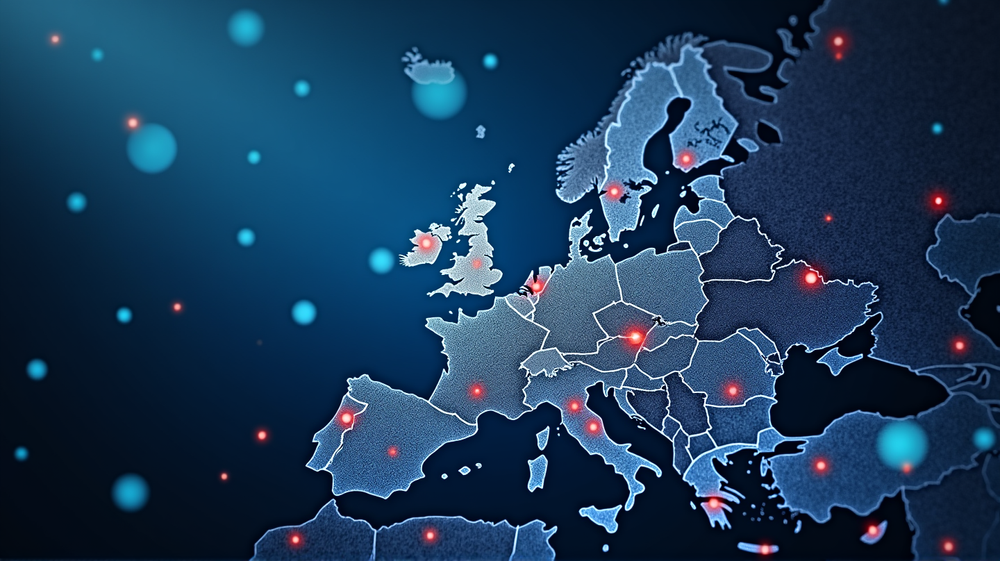The European Union is contemplating a significant shift in the digital landscape with its “fair share” proposal, aimed at rebalancing the financial dynamics between internet service providers (ISPs) and major content providers. This initiative proposes that large content and application providers (CAPs), such as Netflix, YouTube, and Amazon, pay fees directly to European ISPs in exchange for delivering data to consumers. The proposal is part of the EU’s broader Connectivity Package and marks a departure from the traditional model where end-users solely pay for accessing content.
The Framework Under Scrutiny
According to Information Technology and Innovation Foundation (ITIF), this radical framework suggests compensating ISPs for the high traffic handled from these major tech players, seemingly in response to the growing digital consumption across Europe. It underscores a major concern for American tech giants, as the demand for content continues to soar, raising questions about whether such fees will influence current market structures and on whom these costs will ultimately fall.
Implications for U.S. Tech Leadership
The move could dent U.S. technology leadership by imposing region-specific fees on companies that host globally popular platforms. The impact is particularly pronounced for firms like Google, Amazon, and Meta, which might bear increased financial burdens or risk market exclusion. This could lead to a form of regional discrimination against U.S. firms, as similar fees are not levied in other global regions, potentially disadvantaging these companies in predominantly European markets.
Threat to Innovation
Critically, the proposal threatens U.S. innovations by treating high traffic levels as liabilities rather than achievements. Traditionally, CAPs have invested significantly in infrastructure, including content delivery networks (CDNs), peering, and submarine cables, to ensure robust service delivery. This move seemingly penalizes these efforts by imposing additional costs for infrastructure already benefiting European ISPs.
A Challenge to Internet Architecture
The policy has sparked a heated debate about the implications for net neutrality and the equitable treatment of digital traffic. By enabling ISPs to charge CAPs, the framework might authorize throttling or preferential treatment based on whether agreements align with ISP terms. There are fears this could result in escalating peering disputes, as seen in disagreements such as that between Meta and Deutsche Telekom, and broader ramifications if such policies inspire similar frameworks globally.
Broader Repercussions
If European regulators implement this proposal, it could set a precedent that fractures the global internet ecosystem. What might start as a regional policy could evolve into comprehensive challenges for maintaining open and efficient cross-border digital services, raising concern over U.S. firms’ abilities to sustain competitiveness and innovation across borders.
As the European Commission continues consultations and deliberations, the digital world watches closely, understanding that the decisions made here could echo far beyond Europe’s borders, reshaping global digital economics in unforeseen ways.













